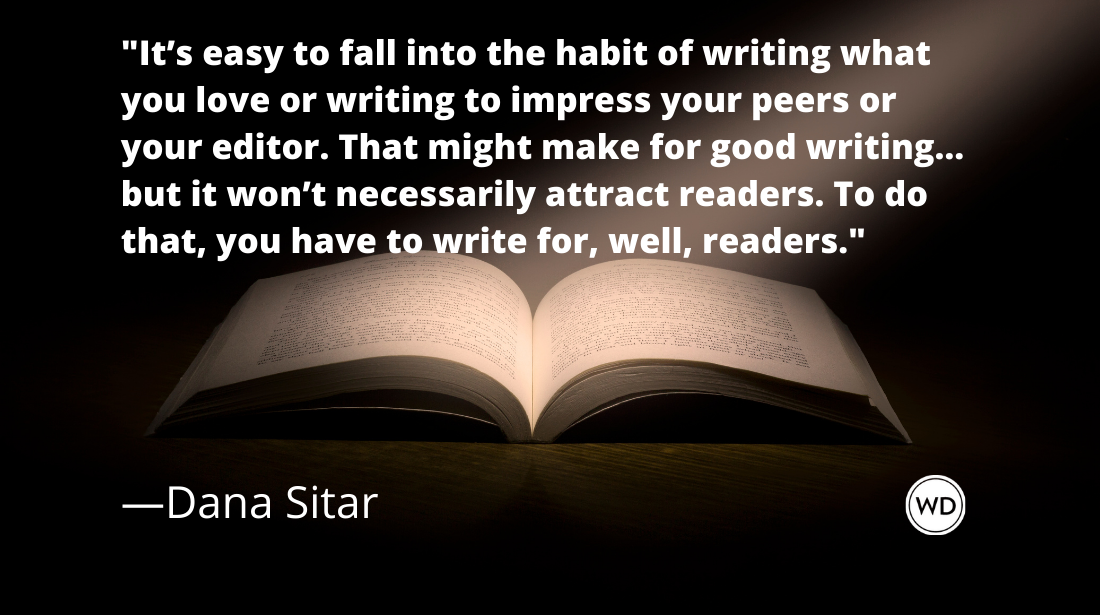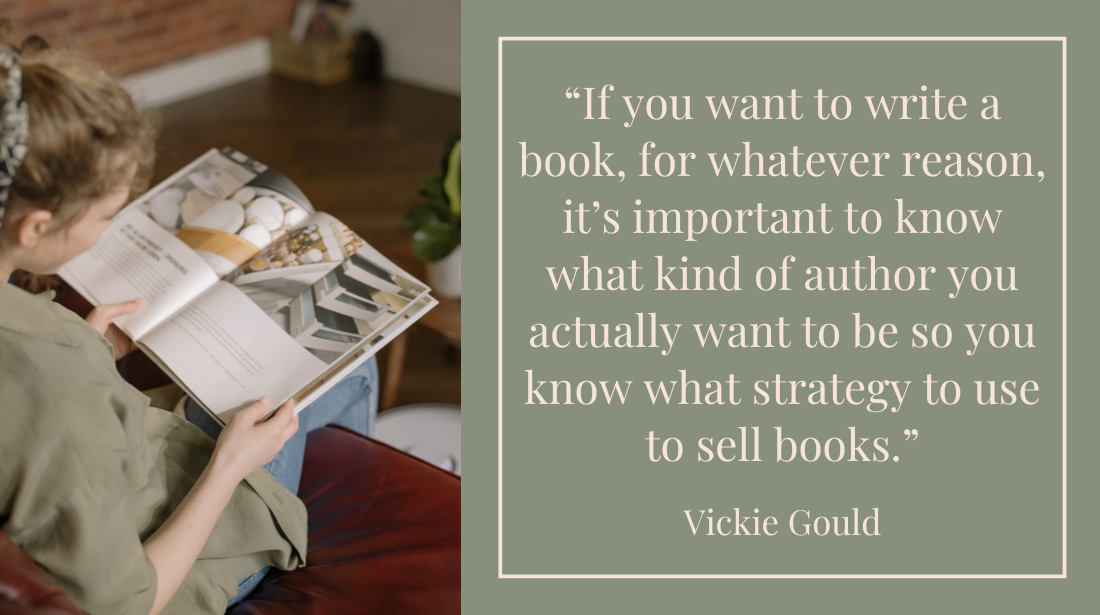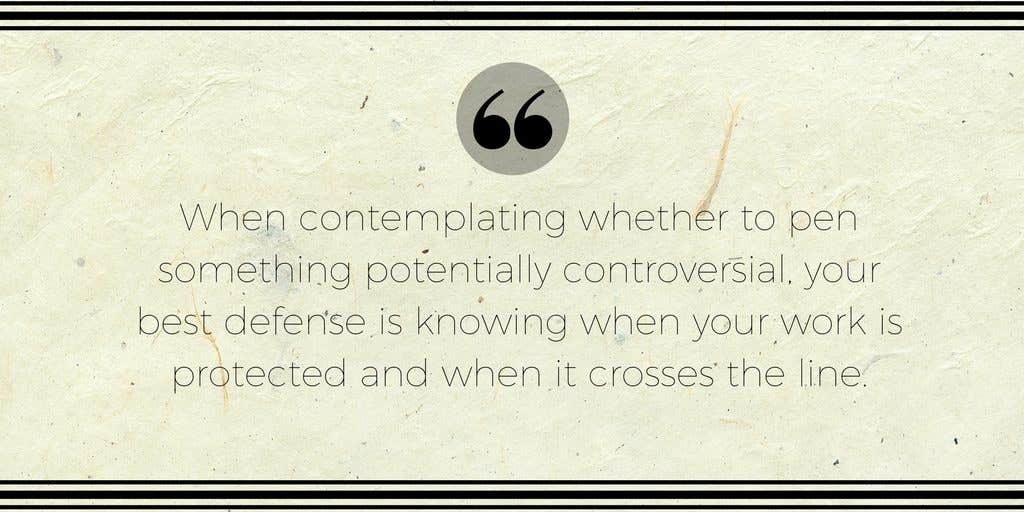Credit Where Credit Is Due
Understanding fair use is crucial for writers who glean material from outside sources. Learn when and how to attribute facts, opinions and paraphrases.
An e-mail from a reader—presumably not Doris Kearns Goodwin or Stephen Ambrose—prompts me to revisit the notion of fair use. I mention those two eminent historian-authors because both made headlines earlier this year for what might politely be called "unfair use" and what some called dangerously close to plagiarism. If it happens to the best of us, can ordinary writers be blamed for being confused about the boundaries of using others' work within their own?
I won't pretend to give legal advice here—we have an Ask the Lawyer column for that. Rather, let's look at what's reasonable. It's not just a question of how to keep from getting sued: What's the right thing to do when borrowing from a fellow writer?
Though the Golden Rule won't necessarily hold up in court, it's a good starting place for figuring out what's fair when it comes to copyright, attribution, citation and quotation. If you'd written the work you're tapping from your research, how would you want to be treated? Would you want credit for your original ideas and insights, regardless of whether they're being quoted directly or merely paraphrased? Of course. Would you want to be asked for permission before someone reproduces a significant chunk of your writing within another work? Sure.
Just the facts, ma'am
But that doesn't mean, as my e-mailing reader seemed to think, that you have to attribute every single scrap of information you didn't collect yourself firsthand. Nor do you need written permission to use any secondary research in your own writing. Like most things in life, the rule is: It depends.
Let's start with facts. As Supreme Court Justice Sandra Day O'Connor stated bluntly in her majority opinion in the 1991 case of Feist Publications vs. Rural Telephone Service, "Facts are not copyrightable." The case in question dealt with telephone directory listings, but the uncopyrightability of facts applies to "World War II ended in 1945" and "the average distance from the earth to the sun is 149.6 million kilometers," as well as to "Joe Smith, 555-3434." If it's a fact, not an opinion or an expression of an idea, you can use it in your writing without permission.
You may, however, still want to attribute the source of a fact in your writing. Facts that are widely known and accepted need no attribution. It would look silly to write, "Columbus sailed the ocean blue in 1492, according to the World Almanac and Book of Facts." But facts that are controversial or that readers might initially doubt can benefit from the citation of a source. This makes it clear that it's not just you, some little-known author, rattling off surprising statistics or eyebrow-raising claims—these facts come from someone who knows whereof they speak.
When to attribute factual information is a judgment call. Your decision depends on audience, topic and the disputability of the facts you're citing. Facts that are peripheral to your subject are less important to attribute than facts you're building an entire article around. For example, you might casually write, "The Vikings beat Columbus to America by almost 500 years," in an article about modern-day Scandinavian ethnic festivals. Whether readers accept that factual statement makes little difference to your article's credibility. But if your whole topic was arguing that Columbus Day should be replaced by Leif Erickson Day, you might want to back up your fact with a source: "... according to archeologists Helge and Anne Stine Ingstad, authors of The Viking Discovery of America."
In your own words please
Paraphrasing beyond simple facts requires another judgment call. When you're taking material from a secondary source and putting it into your own words, you should evaluate how much of what you're writing is factual and how much is someone else's opinion. Are you drawing from a single source or synthesizing information from several?
Let's look at an oversimplified example. Suppose you've consulted several books on the subject of Viking settlements in America and all say pretty much the same thing. You could fairly paraphrase and summarize your research to write, "Ultimately, the Viking settlements in Vinland had little lasting impact on the history of North America." Or you could write broadly, "Ultimately, most historians agree ..." No need to name every historian whose work you read or list every book you found at the library.
On the other hand, suppose you want to paraphrase the work of a single author whose ideas are unique or controversial. It wouldn't be fair to simply pass off this notion from your notes as your own original inspiration. Attribution is also important to establish the credibility of this idea with readers (an expert says so)—or to warn readers to take this with a grain of salt (an off-the-wall source says so). So, if you were to write, based on one source, "Ancient Viking runes and shamanistic techniques can teach contemporary practitioners much about the mysteries of space and time," you'd probably want to add "... according to Hjalmar Olafson, author of Runes and the Universe."
Word for word
With or without attribution, paraphrasing means taking another's ideas and putting them into your own words. Para-phrasing becomes plagiarism when you pick up too many of the original author's words and pass them off as your own. That's the quagmire historians Ambrose and Goodwin waded into.
When you're reproducing not facts or ideas, but another author's actual words, the attribution question goes away: Yes, you need to identify the author you're quoting, even for just a phrase. If our imaginary rune expert wrote, "The way of the runes can teach contemporary practitioners much about the mysteries of space and time," our example isn't paraphrasing—it's a partial quotation. You must differentiate between your words and his:
Ancient Viking runes and shamanistic techniques "can teach contemporary practitioners much about the mysteries of space and time," writes Hjalmar Olafson in Runes and the Universe
But would you also need to get Olafson's permission before quoting his book? That's where the principle of fair use comes in. In this example, the answer would be probably not. You're quoting only a dozen words from a book of perhaps 80,000. Ask yourself: Are you reproducing a significant enough portion of the work that you're devaluing its worth in the marketplace? Would readers feel no need to buy Runes and the Universe because you've quoted all the good stuff? If Runes and the Universe were a haiku rather than a book, yes, you'd be reproducing most of it.
Except for short poems and song lyrics, you're generally safe quoting passages of 25 words or less (with attribution) without obtaining permission from the copyright holder. (Older works no longer under copyright can be quoted from without permission.) You might make a case for fair use when quoting longer passages from hefty works, but ask yourself: Would you want someone quoting a big chunk of your writing without permission?
It really does come back to the Golden Rule. "Hurt not others with that which pains yourself" is how Buddha put it. Yes, that's a quote, not a paraphrase, and, yes, I attributed it. Fortunately, the Buddha's copyright protection has long expired.
This article appeared in the October 2002 issue of Writer's Digest.









